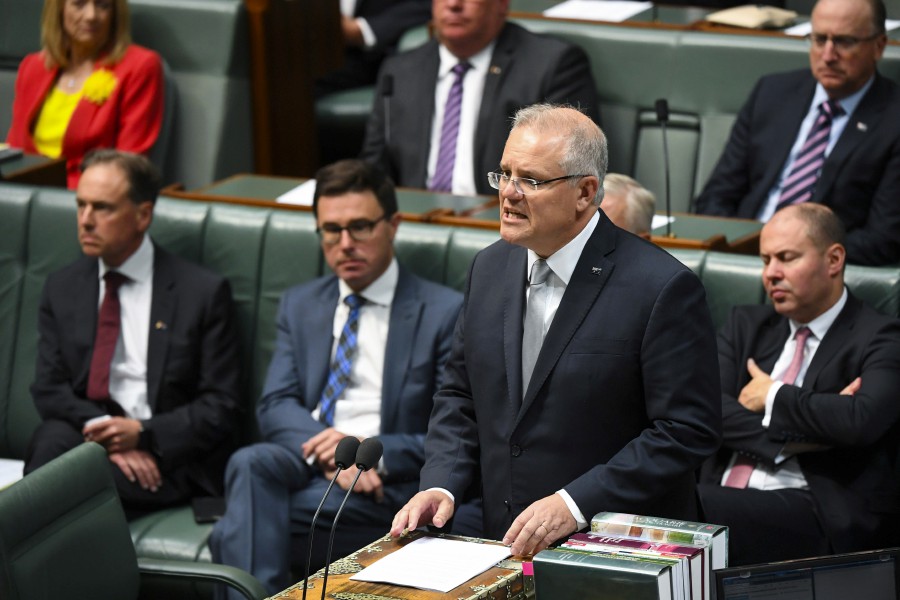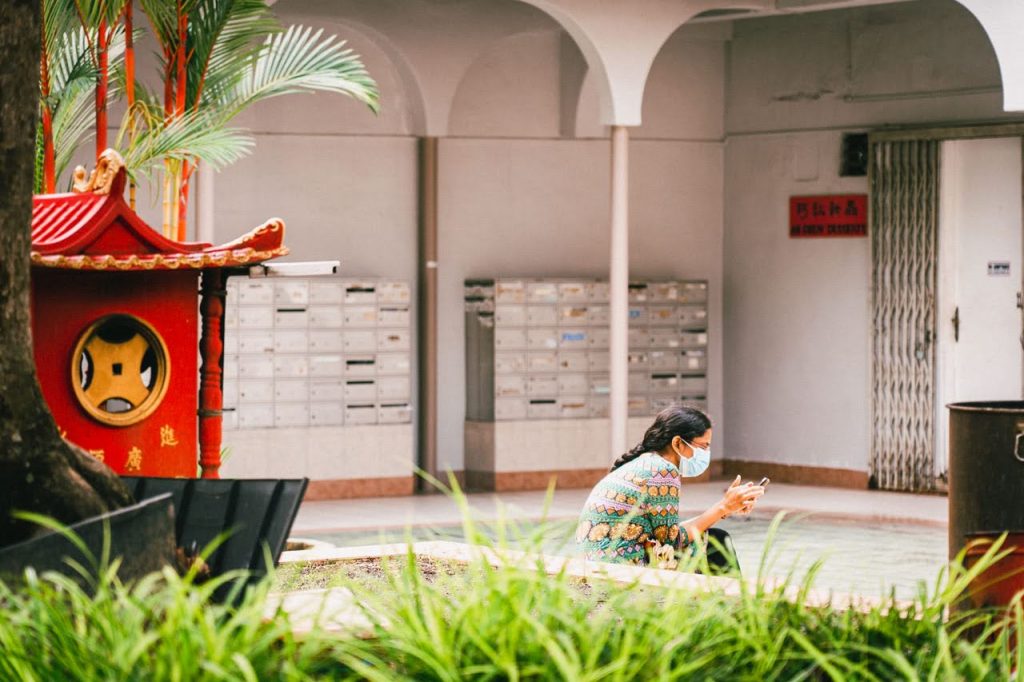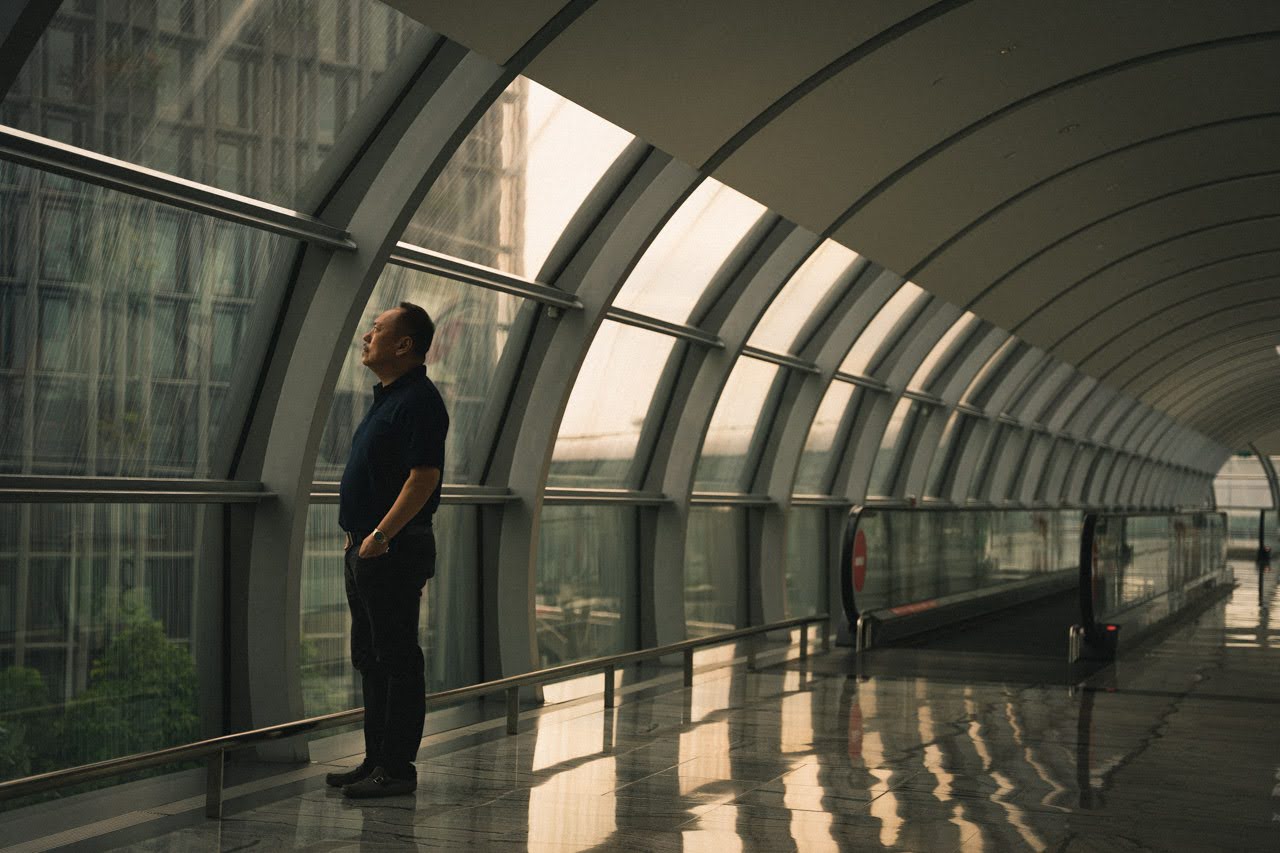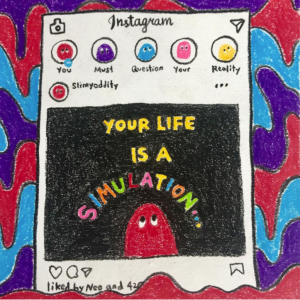In this week’s digital discourse, there’s trouble down under. A power struggle between the Australian government, news media, and big tech has triggered fire alarms across the internet. It’s a convoluted, and distinctly corporate affair, which, at first glance—bears no impact on my life as a journalist in Singapore.
On any given day, you’ll find me lambasting the undue influence of big tech executives on public discourse. I am firmly in favor of strict market regulation, more transparency, and less unwitting data collection. It pains me to side with Facebook on a legal dispute. But, ultimately, I support Facebook’s defiance of a bill written in bad faith.
BETWEEN A ROCK AND A HARD PLACE
The proposed compensation model forces Google and Facebook to pay for the content it hosts. This applies to pretty much every third-party link you see on your timeline, as well as search results in the ‘News’ tab on Google.Under this new legislation, arbitration is forced if the publisher (news outlets or media companies) and big tech (Google, Facebook) cannot agree on compensation. By design, this process favors the publisher.
Enter Rupert Murdoch: media behemoths who are not facing reasonable hardships are using this regulatory threat to get more money. The Australian government pledged this bill as an effort to revive a dying industry, but no publishers have committed to reinvesting their gains to support the art of the written word.
Facebook chose to walk away from the negotiations, imposing a news blackout on Australian users. Google had no choice but to acquiesce due to the risk of dismantling their hero product (the search engine) and opening the market to competitors.
Media and tech executives squabbling over abstract sums while cloaking their greed in a commitment to the greater good is a familiar tale. It’s easy to write off this battle as yet another instance of Facebook’s nefarious intent to dismantle democracy and expand their own power.
But it’s not Facebook that should be condemned or examined here. The most relevant part of this saga to Singaporeans, is Facebook’s staunch rejection of regional regulation.
BIG TECH VS THE SINGAPORE GOVERNMENT
Facebook has already sparred with the government—notably in 2018’s fiery exchange between Minister Shanmugam on behalf of the Online Falsehood’s Committee and Simon Milner, Facebook’s Vice President of Public Policy in Asia.
The war of words came in the midst of an embarrassing news cycle for Facebook. It was the first committee hearing following the colossal data breach with Cambridge Analytica. The purpose of the hearing was to strong arm Facebook into complying with the Online Falsehoods Act, but the itinerary was derailed by extensive probing on local data that was compromised in the breach.
Ultimately, Facebook obeyed Singapore’s request to label ‘misinformation’ as such and has restricted access to dissident publications––but not without strong condemnation from their side. After limiting access to the Straits Times Review for Singaporean users, Facebook commented that they were “deeply concerned about the precedent this sets for the stifling of freedom of expression in Singapore.”
It’s a somewhat amiable compromise from Facebook to Singapore, but the blackout in Australia highlights how quicksilver their policies are.
On Tuesday, the Australian government amended the legislation with more favourable terms for Facebook. Clearly, the blackout had an impact. On Facebook’s first day without news down under, media outlets reported a 43% drop in traffic.

The relationship between social networks and media outlets is symbiotic, but uneven. Big tech can survive with native content while media outlets rely on social traffic. The collective bargaining, spearheaded by media giants with advertisers, investors, and subscription models—momentarily failed the independent, digital journalists who rely on social traffic to sustain their work.
Google’s decision to cut deals with traditional media companies is also troubling for Singapore. If a local collective media bargain came about, and the results were similar to the case in Australia, it’s possible that organic traffic to independent content would shrink greatly.
If similar demands were presented to Facebook in Singapore, due to recent events, I believe they would not hesitate to enforce a blackout.
When I revisit the exchange between Minister Shanmugam and Facebook’s Milner from 2018, I’m concerned about the future of local journalism. Both parties are hostile. It’s no secret that state-owned media is the preferred mouthpiece for Singapore. I don’t see an amicable solution on either end to reverse a blackout should it occur.
WHAT THIS MEANS FOR SINGAPORE
Hypothetically, if The Straits Times, Today, and The New Paper coalesce to put pressure on Facebook to increase compensation, and then a blackout occurs, their physical circulation will continue. Sure, the lack of social traffic will hurt. But they can survive. Digital publications which rely on the word-of-mouth nature in social algorithms—like Mothership, Rice, Popspoken, and Vulcan Post could be driven to extinction.
Singaporeans deserve total access to all verticals of information, from state media to independent publications. A collective bargain would hurt small publishers in Singapore, but ultimately, the fatal blow lands on the public. The loss is dealt to consumers. Profit margins do not typically shape public opinion—but access to information does.

I’m beholden to social media as both a writer and a reader. We all are, it’s woven into our lives. Since inception, Facebook has claimed neutrality. Which means that unlike a publisher, they are not responsible for content on the platform. Prior to this development, I wanted Facebook to accept its role as a publisher and moderate content more authoritatively. But as the plot thickens, and the wires of media and tech become more tangled, I’m starting to understand Zuckerberg’s insistence on neutrality.
It’s a logistical headache to become the largest ‘publisher’ in the world. Facebook is a public space. Who is accountable for what happens in a public space? Surely it’s us, the users—as a collective. It’s not in our best interest to hand over that authority to any government.
With this development in Australia, I’m rethinking my convictions. It’s easy to say that tech companies have too much power, but regional regulation does not feel like a democratic avenue for balance. I’m dependent on social media to report and learn, and I’m not sure that I trust politicians to facilitate a balance which is fair for media giants, independent publishers, and consumers.







